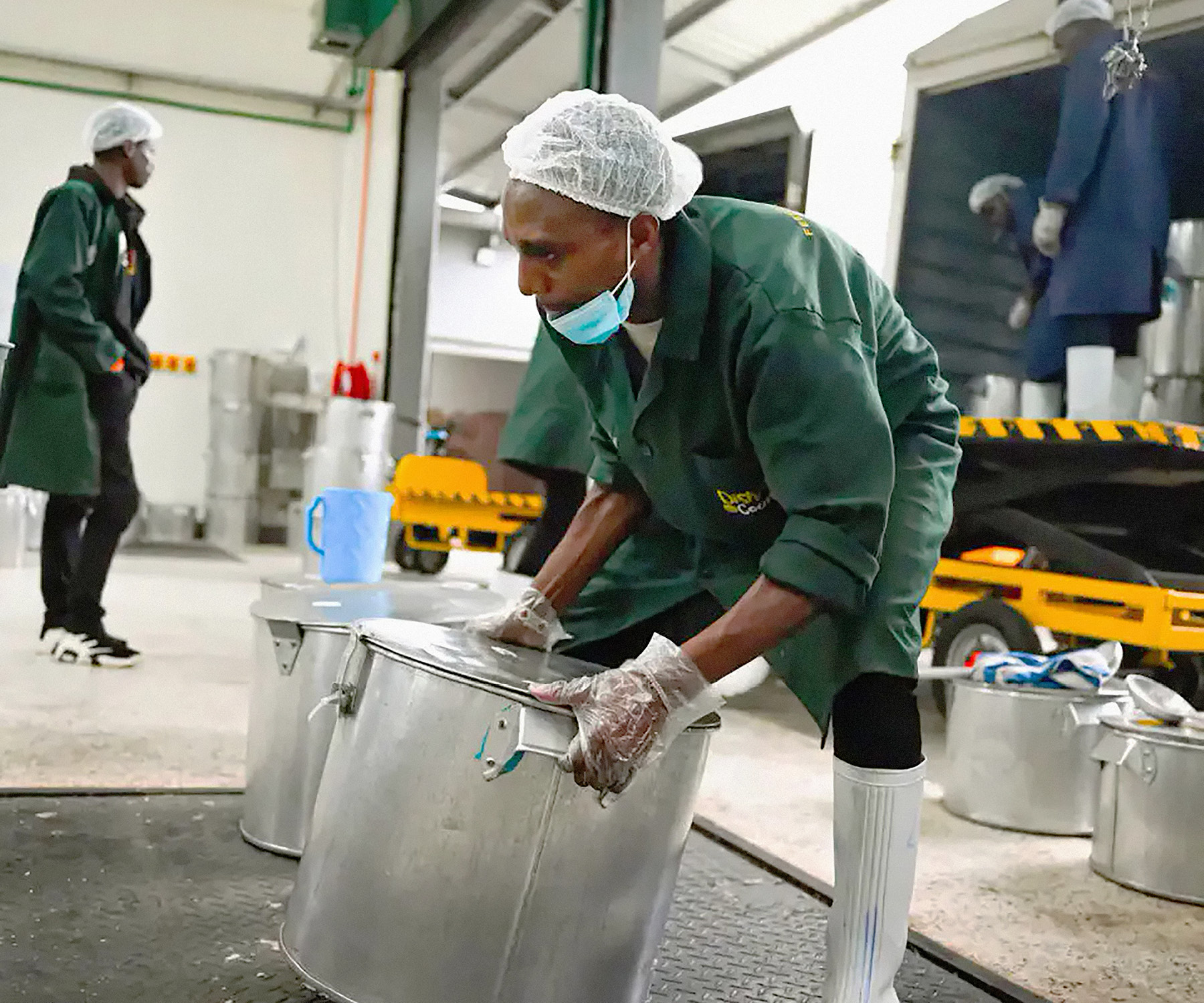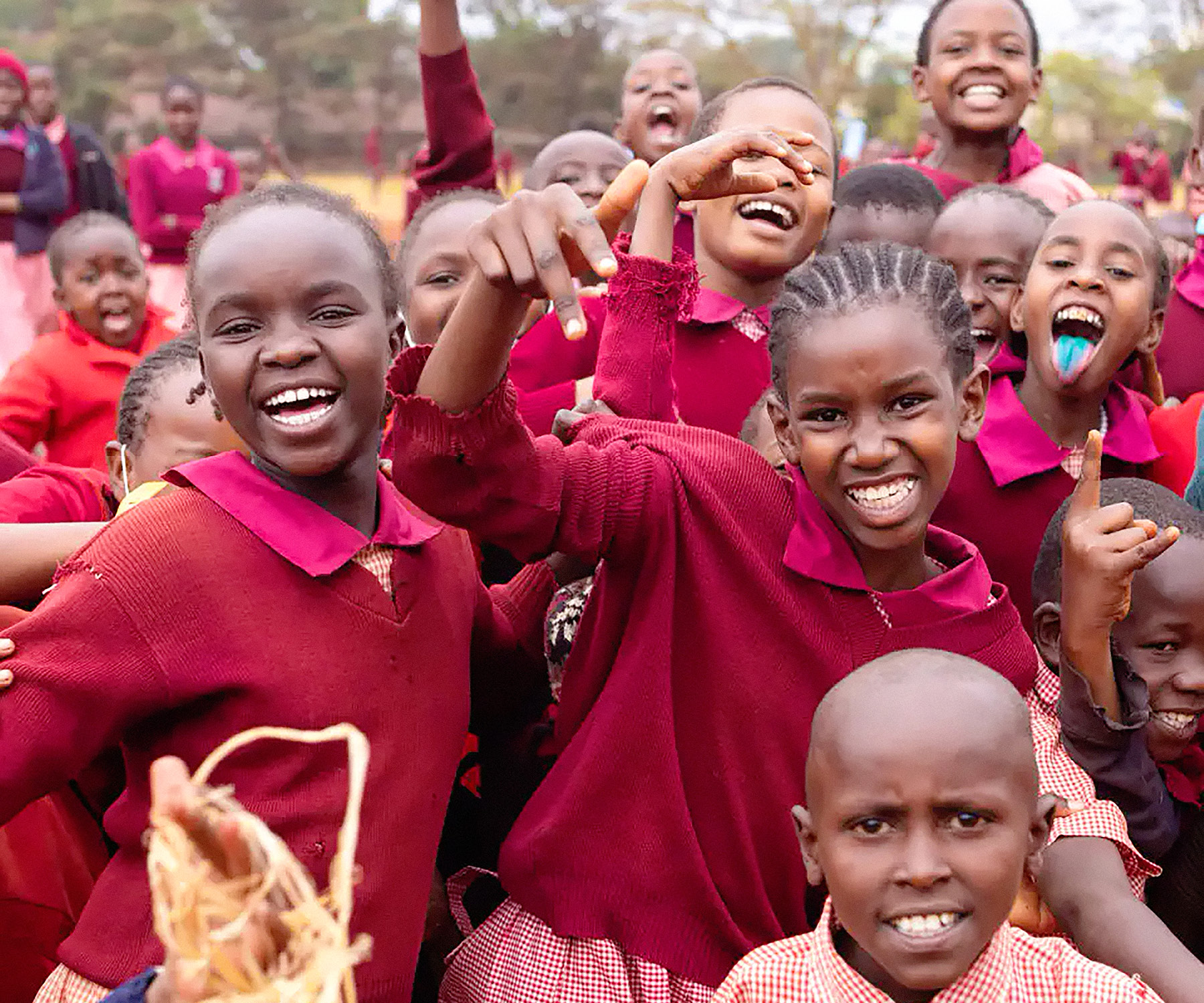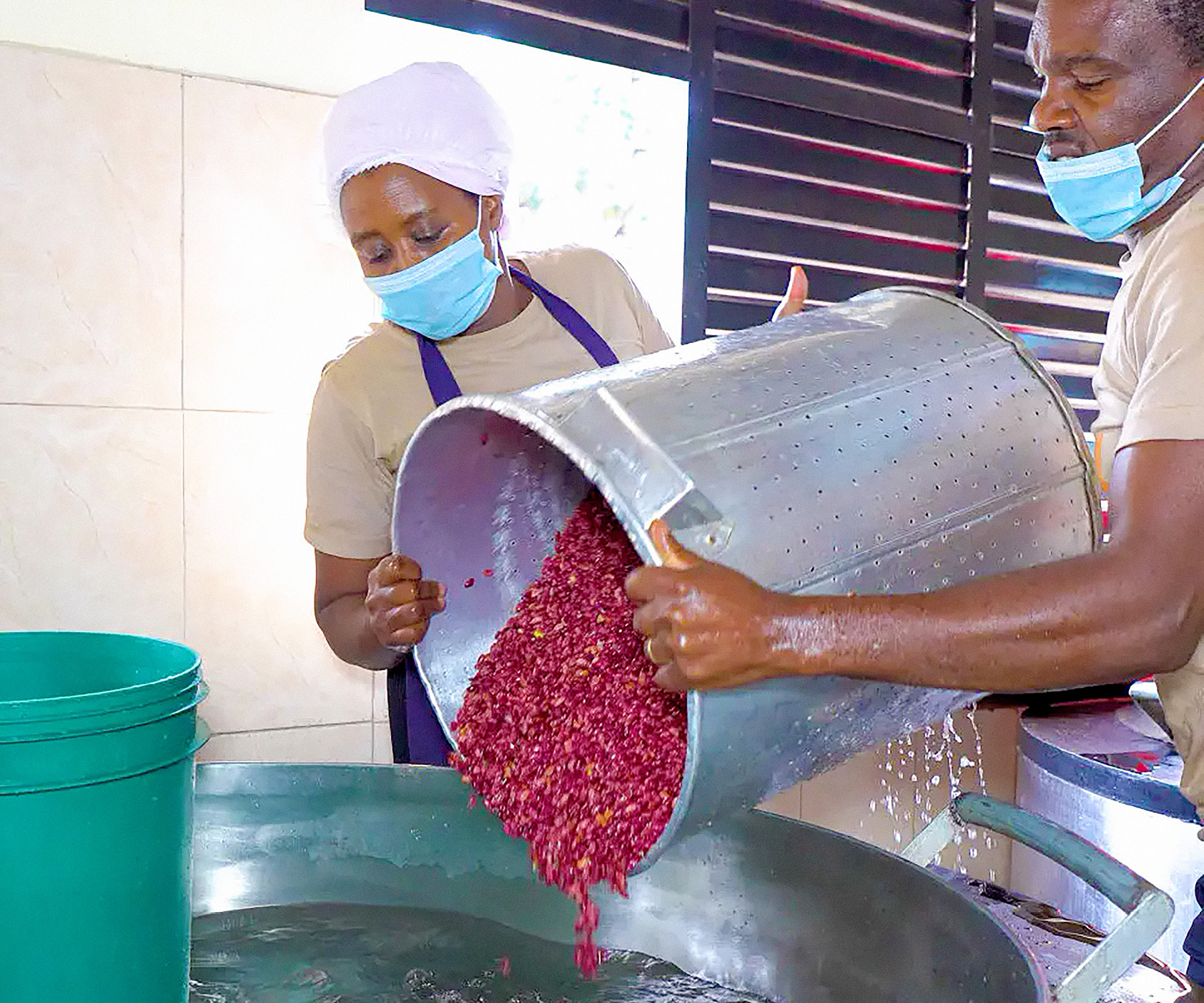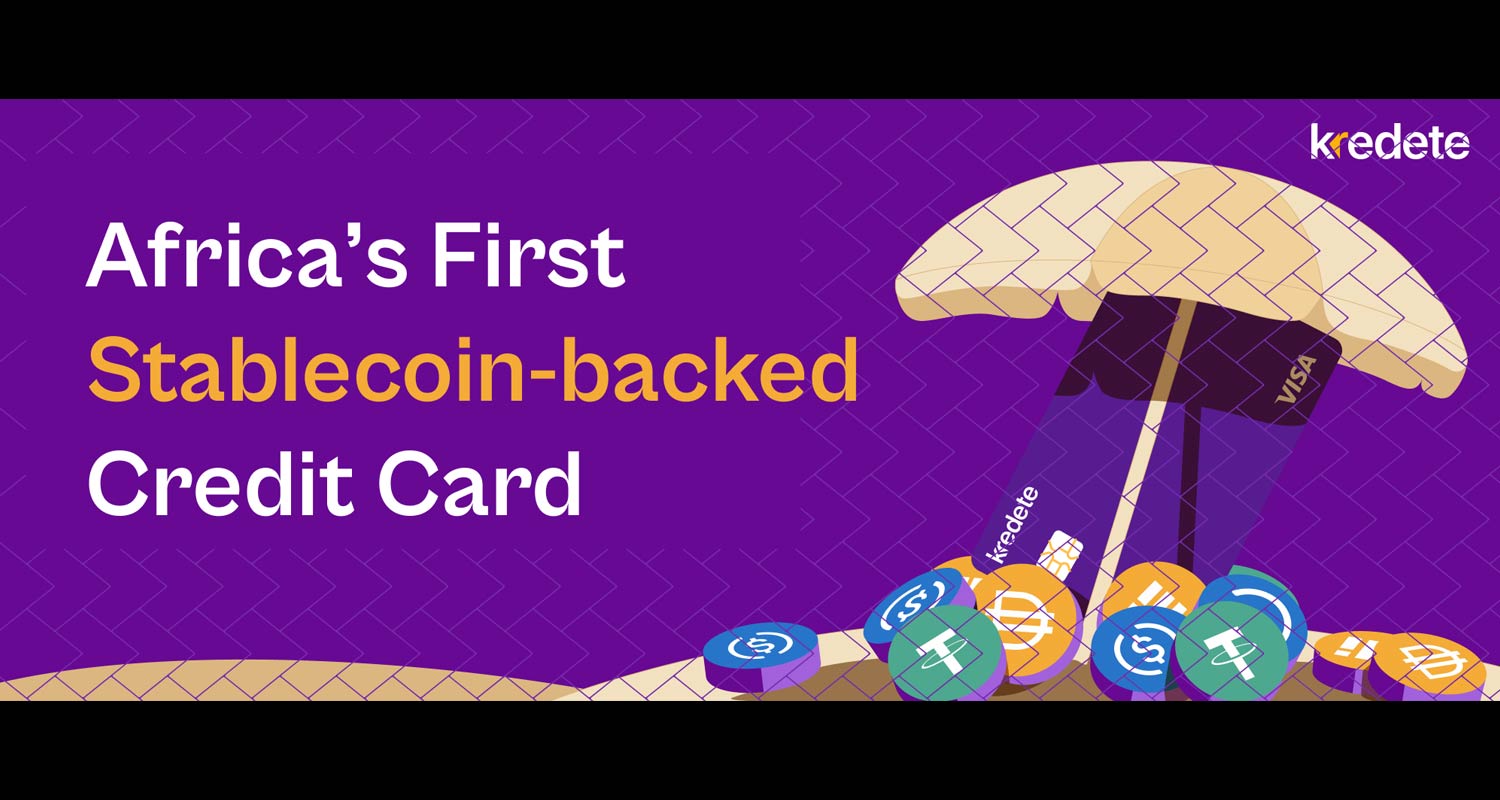This program is feeding the future in Africa
No child should ever have to choose between hunger and education. But across Africa, that choice is still far too common and growing in urgency.
With global aid contracting and the World Food Programme planning to cut up to 30 percent of its workforce, we now face a pivotal moment that demands genuine collaborative action to sustain the continent.
For those who are at the forefront of Africa’s fight against hunger and those building the continent’s education potential and social inclusion, it’s a wake-up call. We cannot rely on systems that falter in times of crisis.
When I started nonprofit Food4Education in Kenya more than a decade ago, I wasn’t yet thinking in those terms. I was a student living abroad when I learned that children in my hometown of Ruiru were fainting from hunger in class.
I raised US$1,000 from a small fundraiser and returned home to cook for 25 children in a borrowed kitchen. That act of urgency became the seed of an organization that today feeds over 500,000 children across Kenya every school day.
We didn’t get here alone. Every step of our growth has been powered by partnerships with parents, governments, city officials, technologists, farmers, and especially with local businesses.

Our model doesn’t just feed children. It strengthens local economies, reduces carbon emissions and creates jobs.
At the heart of our operations is Tap2Eat, a micro-payment platform co-developed with fintech and telecom partners that allows parents to contribute small amounts toward their children’s meals. The system ensures dignity, efficiency and real-time transparency while adapting to families’ changing economic circumstances – something no paper-based or cash system could achieve.
We’ve also built green ‘Giga Kitchens’ powered by clean energy, capable of preparing tens of thousands of meals a day. These kitchens source from local farmers, many of them women, while employing staff from surrounding communities. Our model doesn’t just feed children. It strengthens local economies, reduces carbon emissions and creates jobs. None of it would work without the network of collaborators who helped us get here.
The aid crisis, while devastating, could nevertheless create an opportunity where business and industry leaders can step into the void left behind by international aid, collaborate and lead the way in building new, resilient, self-sufficient systems.
Telecom firms helped us develop and refine Tap2Eat. Fintech partners helped us handle mobile micro-payments. Agricultural companies help source and scale fortified meals. Logistics and energy partners have supported our green kitchens and rapid delivery models. These aren’t acts of charity. They are smart business moves, and they are part of a growing blueprint for scalable impact.
What’s needed now is a continental coalition that sees feeding children not as a cost, but as the most critical investment we can make in climate resilience, economic stability and peace. Because hunger is not only a health issue, it’s also an education issue and an economic issue. And it’s one we can solve.

What’s needed now is a continental coalition that sees feeding children not as a cost, but as the most critical investment we can make in climate resilience, economic stability and peace.
Africa is projected to have one in four people on the planet within the next 25 years. Whether this population boom becomes a global growth engine or a lost generation will depend, in part, on whether we invest in the minds and bodies of young people today.
A hungry child cannot concentrate and will struggle to succeed in school. And when the majority of children in a country are not reaching their potential, neither is the nation nor the nation’s economy.
UNESCO estimates that every US$1 invested in school meals generates up to US$20 in returns. In fact, a US$11 billion investment could unlock US$156 billion in economic opportunity, nearly half of what’s needed to close the climate adaptation funding gap globally. If we want smart, scalable investments, this is one of the clearest choices we can make.
But we won’t get there without a fundamental shift in mindset. Feeding children cannot be treated as a side issue or a ‘nice to have’. It must be central to our plans for economic development, climate resilience and social stability. These are all essential ingredients for a healthy population and a working economy where enterprises can grow.

The future of school feeding depends not on any single actor, but on collective effort.
I believe the cuts to international aid, while devastating, also present a moment of clarity. Businesses and private sector leaders, African and multilateral governments and civil society must come together not only to respond but to lead. The current aid crisis is a market signal that existing models are insufficient. The companies and organizations that recognize this signal and respond with innovative business approaches will help shape Africa’s future economy.
At Food4Education, we are proud that our model is designed to be resilient. We’ve deliberately structured our operations to adapt to shifts in global aid and domestic conditions. But we are also acutely aware that we are just one organization and that the need vastly outpaces our reach. This is why the future of school feeding depends not on any single actor, but on collective effort.









